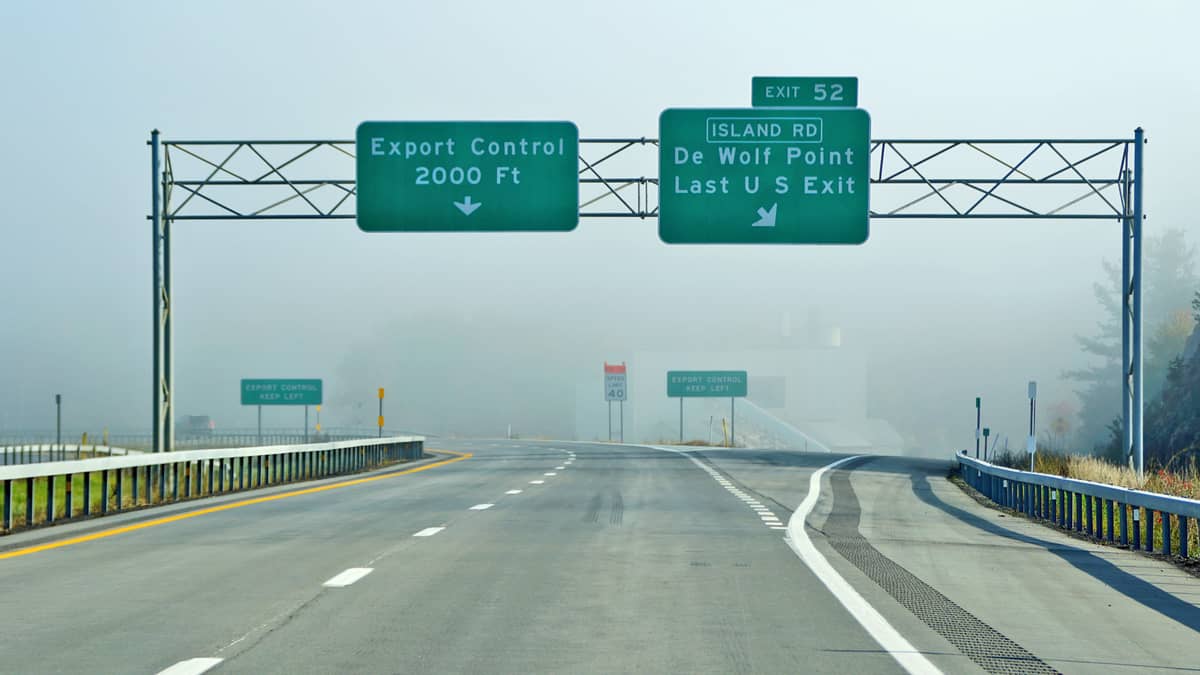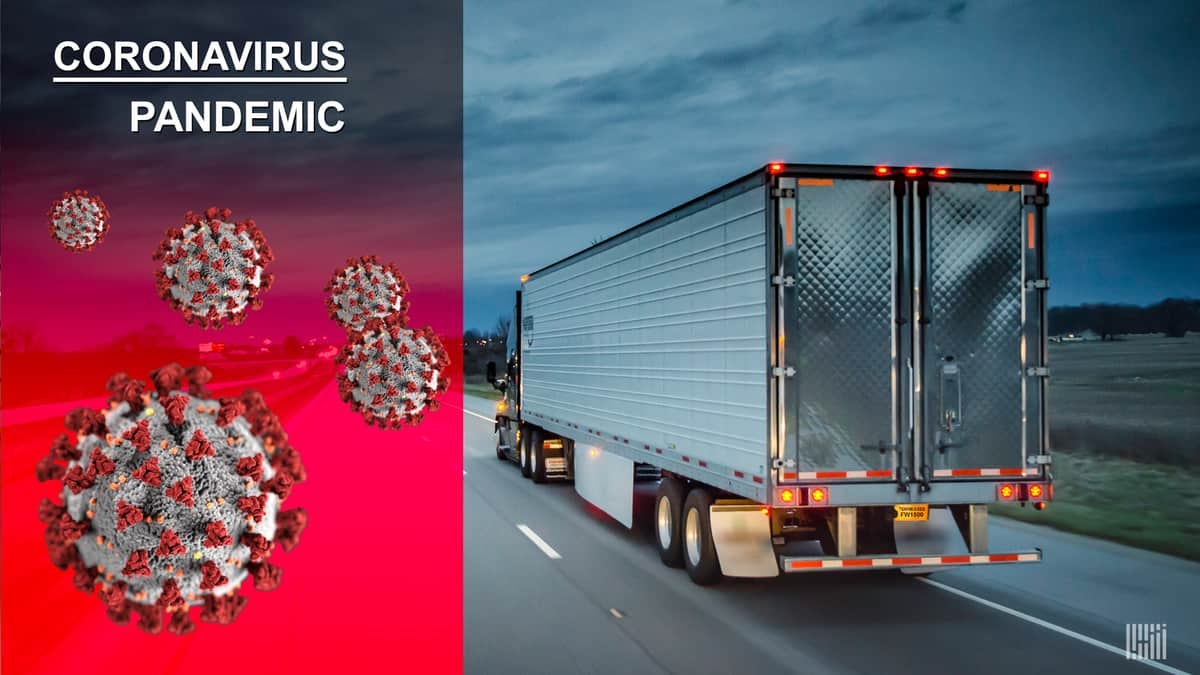Canada and the United States issued a joint statement shutting their shared border to non-essential travel. This unprecedented measure was deemed a necessary step to help contain the spread of COVID-19 in each country. It was made clear, during the announcements from the leaders of both countries, that trucking and trade will remain unaffected by this move. However, since the announcement, I’ve had numerous calls with executives from trucking companies in both countries, to gain clarity on one possibly overlooked issue – medical treatment for drivers that may contract the virus outside their country of citizenship.
Having spent 17 years in the insurance industry, I am armed with expertise on this particular subject. However, no travel medical insurance provider has encountered such a ‘black swan’ type of situation. The key part to understand is trip interruption clauses with Travel Medical insurance coverage (sometimes referred to as Out of Province/Out of State/Out of Country Travel Medical). Under normal circumstances, if a traveler, (business or personal) is outside his/her country, and a travel advisory is issued for the specific country or region he/she is visiting, most policies allow for five to 10 days for the policyholder to return to the country of residence.

(Photo credit: Shutterstock)
Over the past two weeks, this standard language has caused much confusion, especially for travelers abroad (international) as well for those Canadian ‘snowbirds’ who spend most of their winters in Florida, Arizona or other southern states. In general, the feedback from many has been a rapid deterioration of this situation, as well as continual changes to how the policies will be interpreted, in the event that medical coverage is required (if they contract COVID-19). The current message to non-business travelers is to repatriate as soon as possible. This has caused a mass exodus of retirees from the United States.
However, many companies have been silent about how these policies will treat those that are continuing to cross the border in order to keep vital goods flowing to the right destination. A key best practice that all drivers should understand and acknowledge is whether or not the medical insurance they have purchased is for business or personal purposes (a key distinction). If the coverage, is in fact, for personal travel, those drivers should make the assumptions that: 1) they will not be covered for any medical treatment if it is discovered that the insured was traveling for commercial purposes; and 2) there will be no extension of coverage for medical treatment related to COVID-19.

However, if the policy secured is one that permits, and provides medical coverage for business-related travel, it is important that drivers and their contracting carriers seek immediate (preferably written) confirmation that coverage will be honored under these very unique conditions. In recent days, trucking trade associations, such as the Atlantic Provinces Trucking Association, have reached out to the Insurance Bureau of Canada to take a more direct approach to public clarification of the issue. One point remains clear – if you have symptoms, you must quarantine, and refrain from travel – work or personal.
Although some insurance providers have not publicly addressed this important situation, they have informed their insured drivers that coverage will be honored on either side of the border, understanding that trucking is one of the most essential services during a pandemic.
Some insurance providers, such as NAL Insurance, have taken a proactive approach to the situation to allay any fears among those insured by their policies. NAL, one of the largest providers of medical and health insurance for Canadian truck drivers, issued the following statement yesterday. “During this COVID-19 Pandemic, our number one priority is the health and safety of Professional Truck Drivers. Our Out of Canada Medical Insurance will continue to cover emergency medical and quarantine costs for COVID-19, as well as other injuries and illnesses while in the USA. If you are a driver and experiencing symptoms of COVID-19, you must abide by the federal government’s rule of a 14-day quarantine for the safety of the general public. Our insurer will not provide coverage to any drivers entering the USA with symptoms of COVID-19.”

This statement reinforces the fact that drivers, in addition to the increased workloads they are being expected to carry out, must remain vigilant and self-aware about their own health. Likewise, remain vigilant about social distancing and all sources of possible contagion – surfaces, etc. Each country’s border service is taking measures and has implemented standard questions to guard against the additional instances of the virus entering each respective country. In some circumstances, enhanced medical screening is being done. However, this is largely an honor system until further notice. As such, the message to our vital drivers is to use caution; if you feel unwell, it’s not worth your health, nor the health of the public to be on the road.










